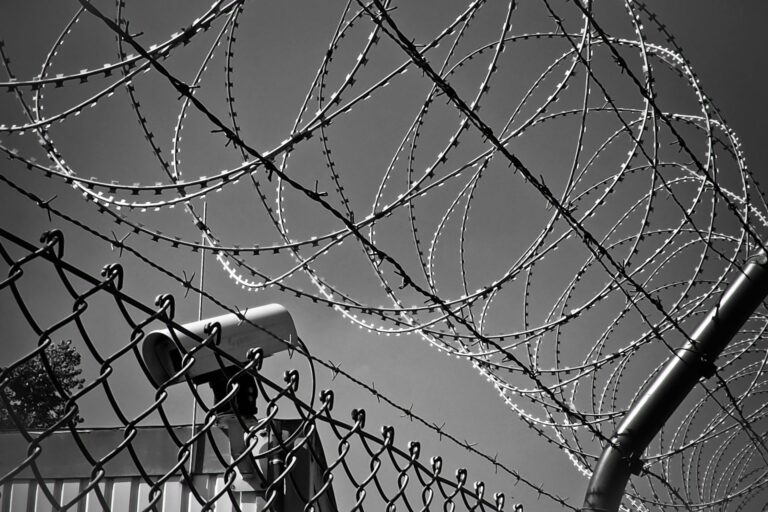
Electronic supervision of individuals on probation and parole has been a very widespread and acceptable form of monitoring. With COVID-19 running rampant, facilities are scrambling for ways to reduce jail and prison overcrowding to keep inmates and staff members safe. There are now twice as many people under community supervision than are incarcerated in the U.S.
An article was published highlighting the difficulties of resources allocated for probation and parole. Many individuals are given probation sentences or being released on parole to mitigate the spread of COVID-19. These two forms of release serve as alternatives to prison sentences with over 4.5 million people in the U.S. being supervised in the community, compared to 2.2 million being incarcerated in 2016. The numbers have only continued to rise since then. However, with this many people being supervised and probation and parole officers being limited, the extent of time spent with individuals is slim and can lead to re-incarceration. Recidivism is high for individuals who do not feel supported or given access to imperative resources when rehabilitating and entering society again. Probation and parole officers do their best to meet the needs of each individual they are in charge of but are stripped for time and resources when it comes to treating them with the same amount of support and focus. TRACKtech understands the difficulty officers face when it comes to having too many caseloads to handle. That is why we have designed a fully integrated community supervision platform that allows officers to have more time within their large caseloads but also provides them with more resources and support to give individuals. Our TRACKphone allows supervision officers the ability to remotely check in with program members through biometric identification and videoconferencing. Geofencing capabilities are built into the phone and alerts are sent to officers when individuals are non-compliant or in violation of geoparameters. TRACKphone also has built in resources and programs for members to take advantage of and feel supported. This ultimately reduces recidivism and provides officers with more time to check in with program members to make sure they are able to rehabilitate into society.